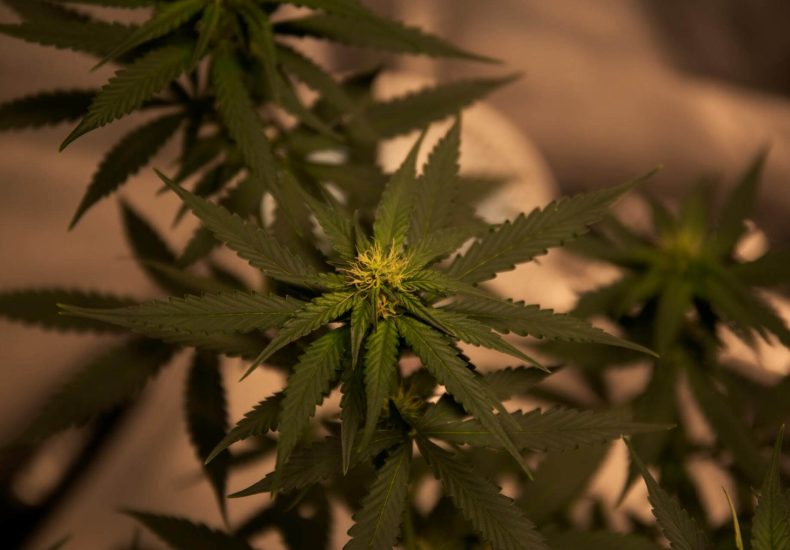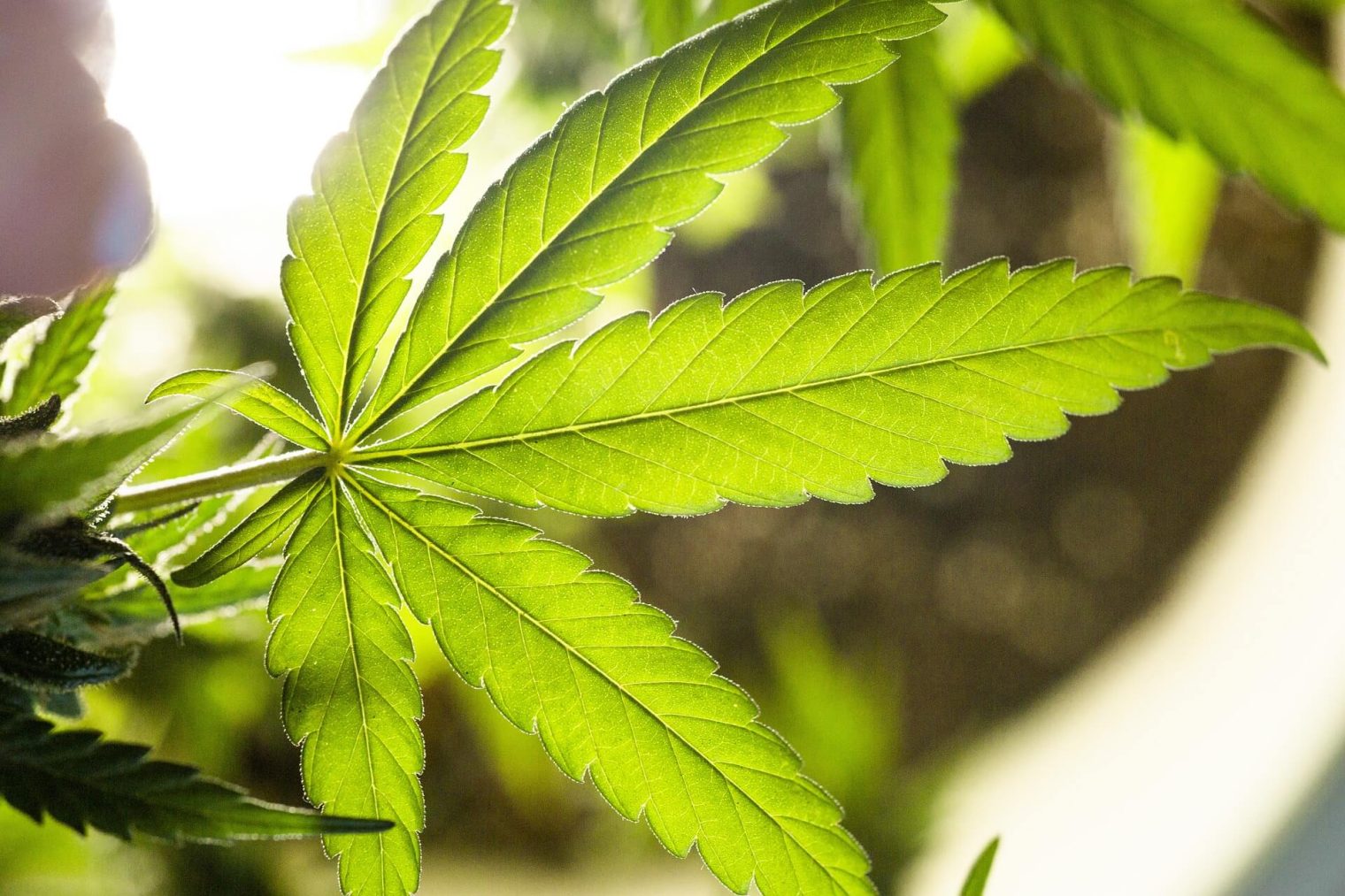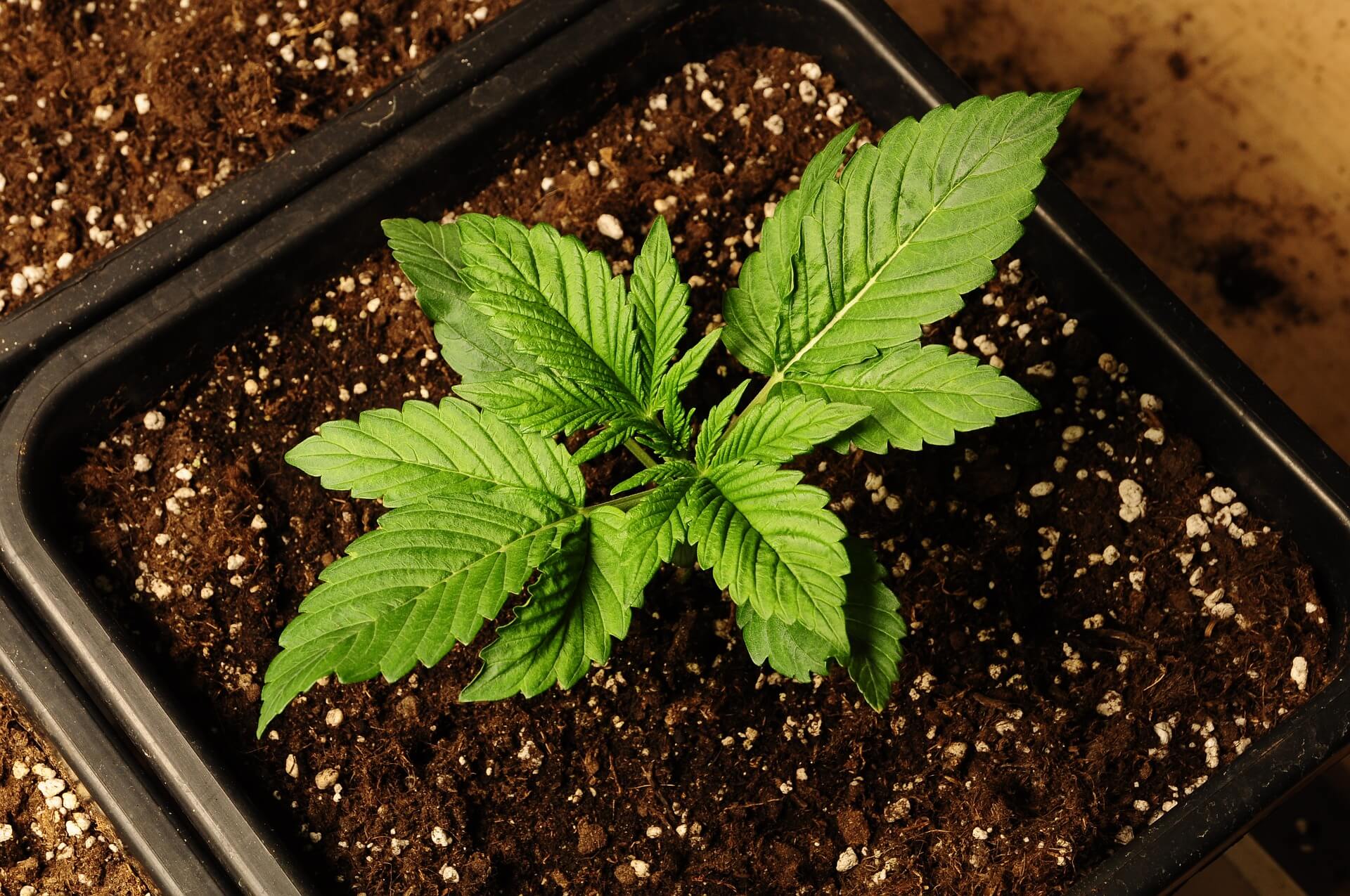 Cannabis
Cannabis
Table of Contents
In 2024, organic weed growing methods have seen significant advancements, providing cannabis cultivators with innovative, eco-friendly approaches to producing high-quality, chemical-free marijuana. As the demand for organic cannabis continues to rise, understanding the best organic weed growing methods has become essential for both novice and experienced growers. This blog explores the top techniques and tips for cultivating cannabis organically, ensuring a healthy, sustainable crop.

Understanding Organic Weed Growing
Organic weed growing methods prioritize natural inputs and sustainable practices. Unlike conventional growing techniques that rely on synthetic fertilizers and pesticides, organic cultivation uses natural amendments to promote soil health and plant vitality. This approach not only yields cleaner, more potent cannabis but also supports environmental sustainability.
Benefits of Organic Weed Growing
Healthier Plants: Organic methods improve soil structure and biodiversity, leading to stronger, more resilient plants.
Superior Quality: Cannabis grown organically often boasts better flavor and aroma profiles, free from chemical residues.
Environmental Sustainability: Reducing chemical usage minimizes environmental impact, preserving ecosystems and promoting biodiversity.
Consumer Demand: With increasing awareness of health and environmental issues, more consumers are seeking organically grown cannabis.
Top Organic Weed Growing Methods in 2024
1. Living Soil
Living soil is at the forefront of organic weed growing methods in 2024. This technique involves creating a dynamic, self-sustaining ecosystem within the soil. Rich in organic matter, microbes, and beneficial insects, living soil provides plants with all the nutrients they need without synthetic inputs.
Steps to Create Living Soil:
Start with a Base: Use a mix of high-quality compost, peat moss, and aeration materials like perlite or pumice.
Add Amendments: Incorporate organic amendments such as worm castings, bone meal, fish meal, and kelp meal to enrich the soil.
Introduce Microbes: Add mycorrhizal fungi and beneficial bacteria to enhance nutrient uptake and soil health.
Maintain Moisture: Keep the soil moist but not waterlogged to support microbial life.
2. No-Till Gardening
No-till gardening is another popular organic weed growing method. This technique avoids disturbing the soil structure, preserving its natural layers and microbial networks. No-till gardening reduces erosion, improves water retention, and enhances soil fertility.
Implementing No-Till Gardening:
Mulch Heavily: Apply a thick layer of organic mulch, such as straw or wood chips, to protect the soil surface and retain moisture.
Avoid Tilling: Refrain from turning the soil. Instead, plant directly into the mulch or make small holes for seedlings.
Cover Crops: Use cover crops like clover or rye to fix nitrogen and add organic matter to the soil.
3. Compost Tea
Compost tea is a potent organic fertilizer that enhances soil fertility and plant health. This liquid extract, made from compost, contains beneficial microorganisms and nutrients that boost plant growth and resilience.
Brewing Compost Tea:
Select Quality Compost: Use well-aged, nutrient-rich compost as the base.
Add Ingredients: Combine compost with water, molasses (to feed microbes), and optional supplements like fish hydrolysate or kelp.
Aerate: Use an air pump to aerate the mixture for 24-48 hours, ensuring the proliferation of beneficial microbes.
Apply: Dilute the compost tea and apply it to the soil or as a foliar spray to provide a nutrient boost.
4. Companion Planting
Companion planting is a natural pest management strategy that involves growing beneficial plants alongside cannabis. These companion plants can repel pests, attract beneficial insects, and improve soil health.
Effective Companion Plants for Cannabis:
Marigolds: Repel nematodes and aphids.
Basil: Deters mosquitoes and flies.
Lavender: Attracts pollinators and beneficial insects.
Clovers: Fix nitrogen in the soil.
5. Integrated Pest Management (IPM)
Integrated Pest Management (IPM) is a holistic approach to pest control that combines biological, cultural, and physical methods. IPM minimizes chemical use, promoting a balanced ecosystem that naturally keeps pest populations in check.

Implementing IPM:
Monitor Regularly: Inspect plants frequently for signs of pests or disease.
Encourage Beneficial Insects: Introduce predators like ladybugs and predatory mites to control pest populations.
Use Physical Barriers: Employ row covers, sticky traps, and netting to protect plants from pests.
Apply Organic Solutions: If necessary, use organic pesticides like neem oil or insecticidal soap.
Advanced Organic Weed Growing Methods
6. Aquaponics
Aquaponics combines aquaculture (raising fish) with hydroponics (growing plants in water) to create a symbiotic ecosystem. Fish waste provides nutrients for the plants, while the plants filter and clean the water for the fish. This closed-loop system is highly sustainable and produces top-quality cannabis.
Setting Up Aquaponics:
Choose Fish: Select hardy fish like tilapia or goldfish that produce ample waste.
Create Grow Beds: Set up grow beds with a medium like clay pebbles to support plant roots.
Cycle the System: Establish a nitrogen cycle by introducing beneficial bacteria to convert fish waste into plant-available nutrients.
Monitor Water Quality: Maintain optimal pH, temperature, and nutrient levels for both fish and plants.
7. Korean Natural Farming (KNF)
Korean Natural Farming (KNF) utilizes indigenous microorganisms and fermented plant juices to enhance soil fertility and plant health. KNF is cost-effective and highly sustainable, making it an excellent choice for organic cannabis cultivation.
Practicing KNF:
Collect Indigenous Microorganisms (IMOs): Gather soil from a healthy, natural area and culture the microorganisms.
Create Fermented Plant Juice (FPJ): Ferment plant materials like weeds or fruit scraps with sugar to produce nutrient-rich extracts.
Apply KNF Solutions: Use IMOs and FPJ as soil drenches or foliar sprays to promote plant growth and resilience.
Best Organic Weed Growing Methods
The best organic weed growing methods in 2024 emphasize sustainability, biodiversity, and natural inputs. Techniques like living soil, no-till gardening, compost tea, companion planting, and IPM create a holistic approach to cannabis cultivation. Advanced methods such as aquaponics and Korean Natural Farming push the boundaries of organic agriculture, offering innovative solutions for growers.
By adopting these organic weed growing methods, cultivators can produce high-quality, chemical-free cannabis while contributing to environmental conservation and promoting a healthier future for all.


